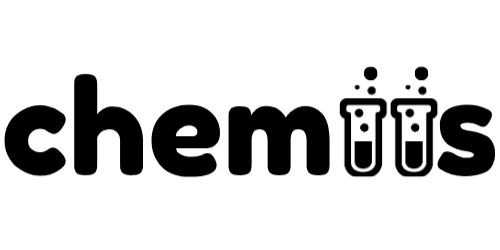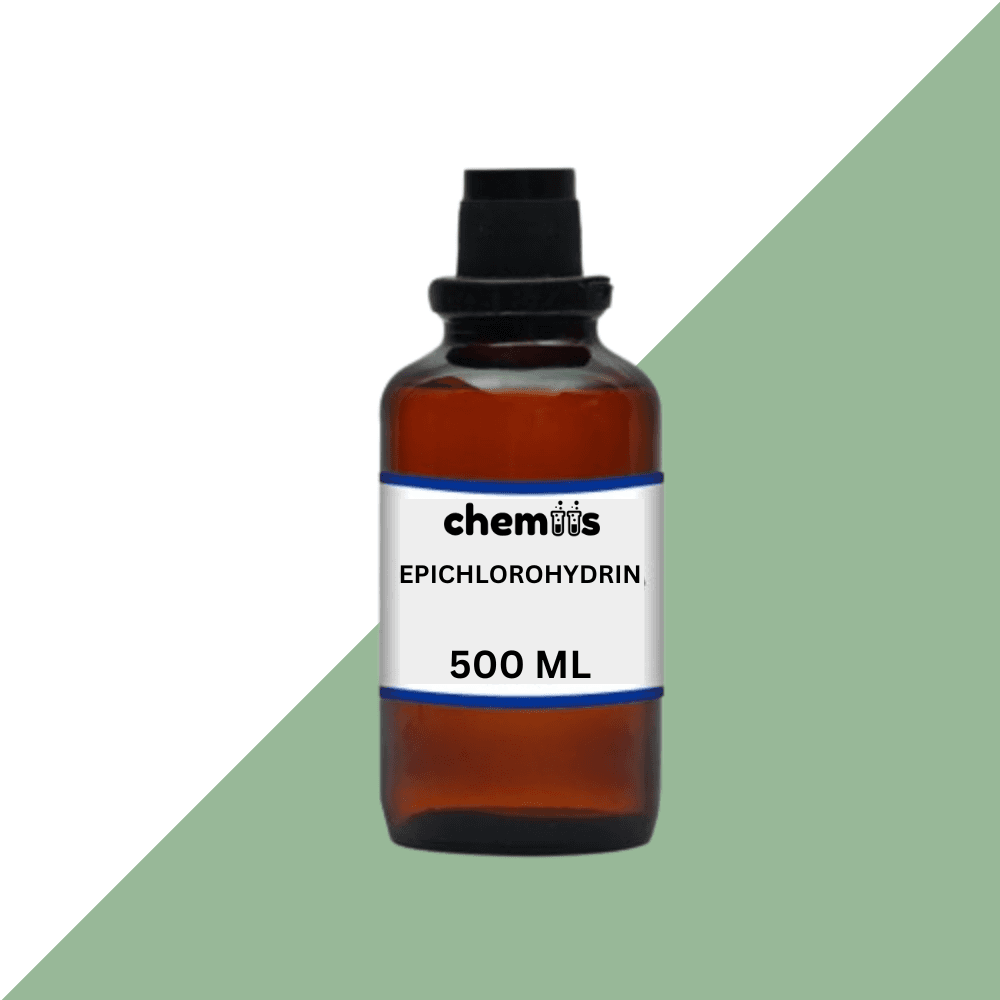Epichlorohydrin is a highly reactive, organic compound belonging to the epoxide family. This versatile chemical is widely used in numerous industrial and commercial processes, particularly in the production of epoxy resins and water treatment chemicals. Its unique properties, including high reactivity and solubility in organic solvents, make it essential for many applications.
Applications of Epichlorohydrin
1. Epoxy Resin Production
Epichlorohydrin is primarily used as a precursor in the manufacture of epoxy resins:
- Adhesives and Coatings: Epoxy resins are utilized in industrial adhesives, paints, and coatings due to their strength and chemical resistance.
- Electronics: Essential for the production of insulators, circuit boards, and other electronic components.
- Construction: Used in flooring, grouting, and sealants to enhance durability and resistance.
- Automotive Industry: Contributes to protective coatings and lightweight composite materials.
2. Water Treatment Chemicals
Epichlorohydrin is a critical component in the production of water treatment resins:
- Anion Exchange Resins: Utilized in water purification to remove harmful ions and contaminants.
- Municipal Water Systems: Enhances the efficiency of filtration and treatment processes.
- Industrial Water Treatment: Plays a role in boiler water conditioning and wastewater management.
3. Pharmaceutical and Agrochemical Industry
Its reactive properties make Epichlorohydrin valuable for chemical synthesis in these sectors:
- Pharmaceutical Intermediates: Used in the synthesis of active pharmaceutical ingredients (APIs).
- Agrochemicals: Assists in creating pesticides, herbicides, and plant growth regulators.
4. Production of Synthetic Glycerin
Epichlorohydrin serves as an intermediate in the synthesis of glycerin:
- Personal Care Products: Glycerin derived from Epichlorohydrin is used in soaps, lotions, and other cosmetics.
- Food Industry: Acts as a humectant and sweetener in various food products.
5. Rubber and Plastics Industry
Epichlorohydrin is employed in the manufacture of specialized elastomers and polymers:
- Rubber Production: Used in the synthesis of epichlorohydrin rubber, offering excellent resistance to oils and chemicals.
- Plastics: Enhances the performance of high-performance polymers and composites.
6. Other Industrial Applications
- Paper Industry: Epichlorohydrin derivatives are used to improve the wet strength of paper products.
- Textile Industry: Helps in the production of durable and chemical-resistant textiles.
- Chemical Intermediates: A building block for the synthesis of complex organic compounds.
Benefits of Epichlorohydrin
- High Reactivity: Facilitates the production of a wide range of chemicals and materials.
- Versatility: Applicable across diverse industries, including construction, electronics, and healthcare.
- Efficiency: Enhances the performance and durability of resins, polymers, and coatings.
- Environmental Applications: Essential for creating water purification and treatment solutions.
- Economic Value: A cost-effective raw material for large-scale industrial processes.


















Reviews
Clear filtersThere are no reviews yet.